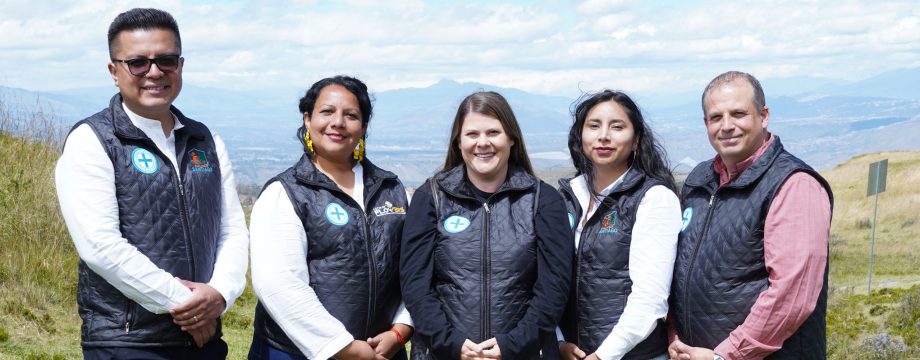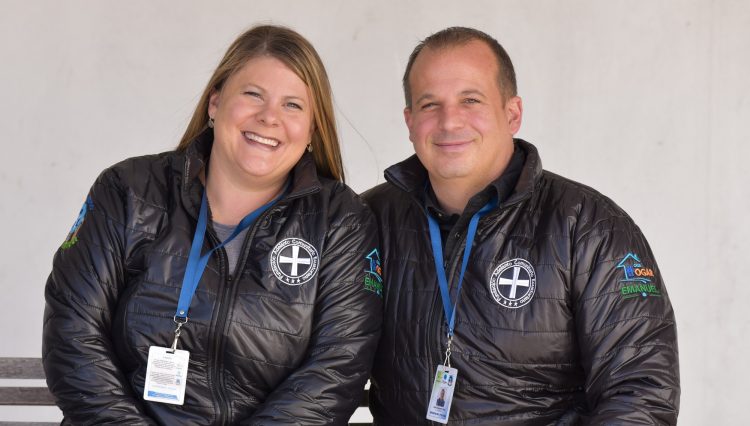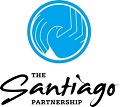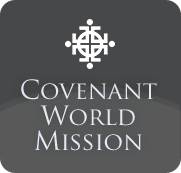
In Chapter 4, we discussed the 3 different ways to approach poverty alleviation. To re-visit, those different approaches are Relief, Rehabilitation or Development. Chapter 5 talks about what to do AFTER you decide which approach is needed in a given situation. Basically “NOW WHAT?”
A question for you? After you have determined WHAT approach to take in poverty alleviation, what do you think the next step is? The answer I gave to this question was to find out what the needs are in the area where you are working. This isn’t a wrong answer, but as I figured out when reading the chapter, it is definitely not the BEST option. But isn’t this how we usually do ministry or how we THINK it should be done? For me anyway, I would say yes! A quote from the book in regards to this:
“This needs-based approach has merit, for diagnosing the underlying problems is essential in formulating the proper solutions. However, starting with a focus on needs amounts to starting a relationship with low-income people by asking them, “What is wrong with you?” How can I fix you?” Given the nature of most poverty, it is difficult to imagine more harmful questions to both low-income people and to ourselves!”
Chapter 5 discusses using a community development approach of “Asset-Based Community Development or (ABCD). The book discusses how this approach is consistent with the perspective that God has blessed EVERY individual with gifts. It puts emphasis on what materially poor people already have and asks them to consider “What is RIGHT with you?” ABCD starts by asking the materially poor how they can be stewards of their own gifts and resources, seeking to restore individuals and communities to being what God created them to be from the very start of the relationship. Another quote from the book from page 127:
The point of ABCD is not to deny those needs of the deep-seated brokenness that undergirds them. On the contrary, the point of ABCD is to recognize-from the very start-that poverty is rooted in the brokenness of the foundational relationships and to start the process of restoring both low-income people and ourselves to living in right relationship with God, self, others and the rest of creation. What is wrong will come out soon enough; but by starting with what is right, we can change the dynamics that have marred the self-image of low-income people and that have created a sense of superiority in ourselves.”
I think it is important to state again here that we are ALL fallen people and the result of Adam and Eve’s sin. We are middle class white Americans may not be materially poor, but we are poor in other parts of our lives. This makes us and puts us on the same plain as the materially poor. We are all poor and in the need of reconciliation with our Father.
The author tells a story about using this asset based approach in his church. The plan was to go door-to-door in a primarily African American poor community and ask the question :”What are your skills?” He talks of going to the 1st home. He is almost 7 feet tall and very white. A short African American lady answered and he gave his speel, ending with what are your skills? After a few “what’s”, she said sheepishly, “well, I guess I can cook.” A voice from beyond the door seconded this. He then found himself in the house going around the room to 6-7 members of the family finding out what the gifts were and seeing confidence and smiles all around. What a change to asking someone in the same situation “What do you feel the needs are in your community” as soon as they open the door. Imagine if we put this into action? What great and revolutionary change could this have?!




 The Santiago Partnership
The Santiago Partnership